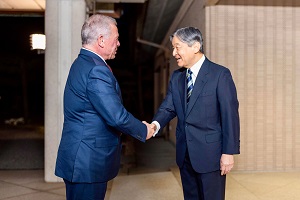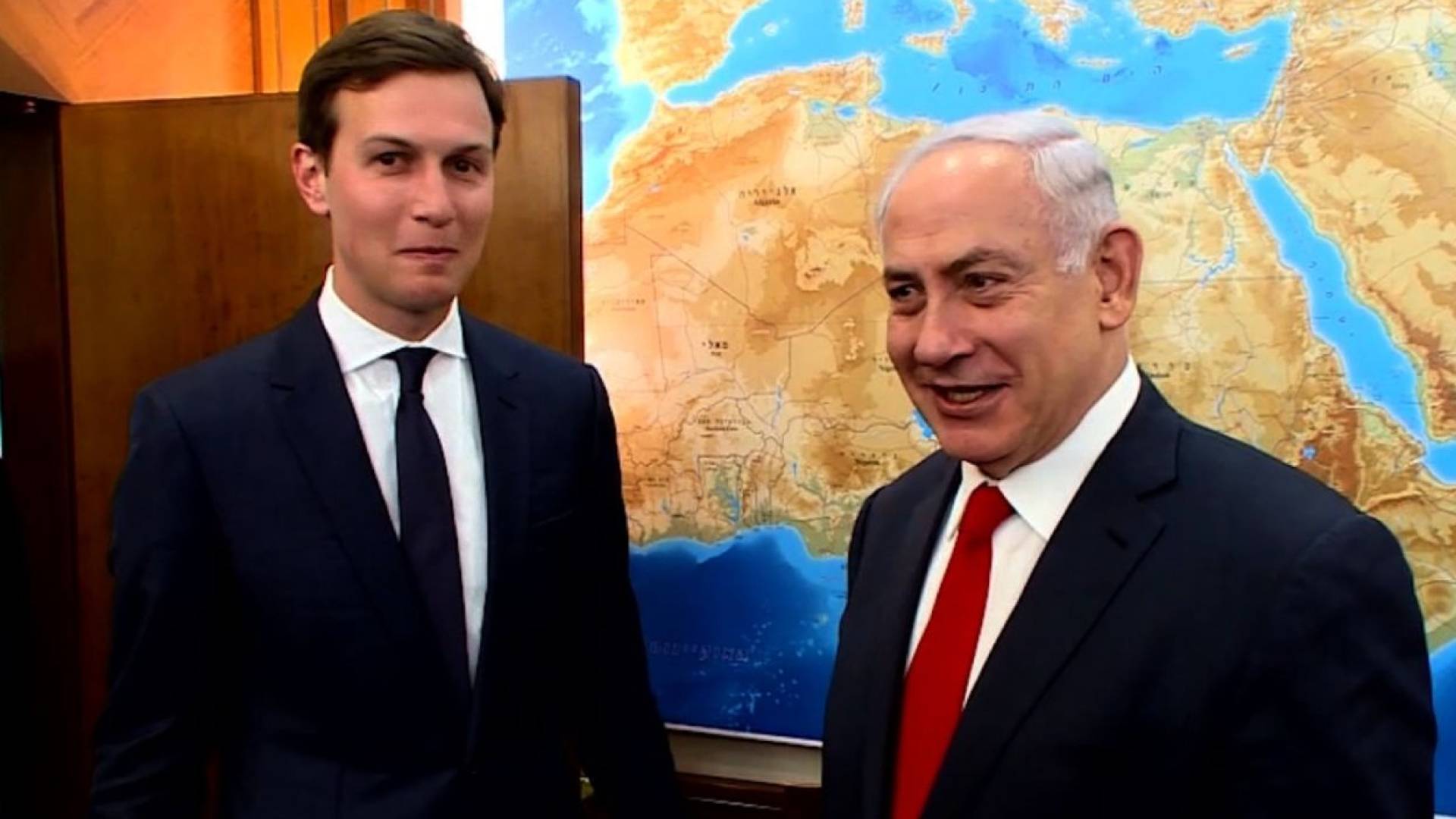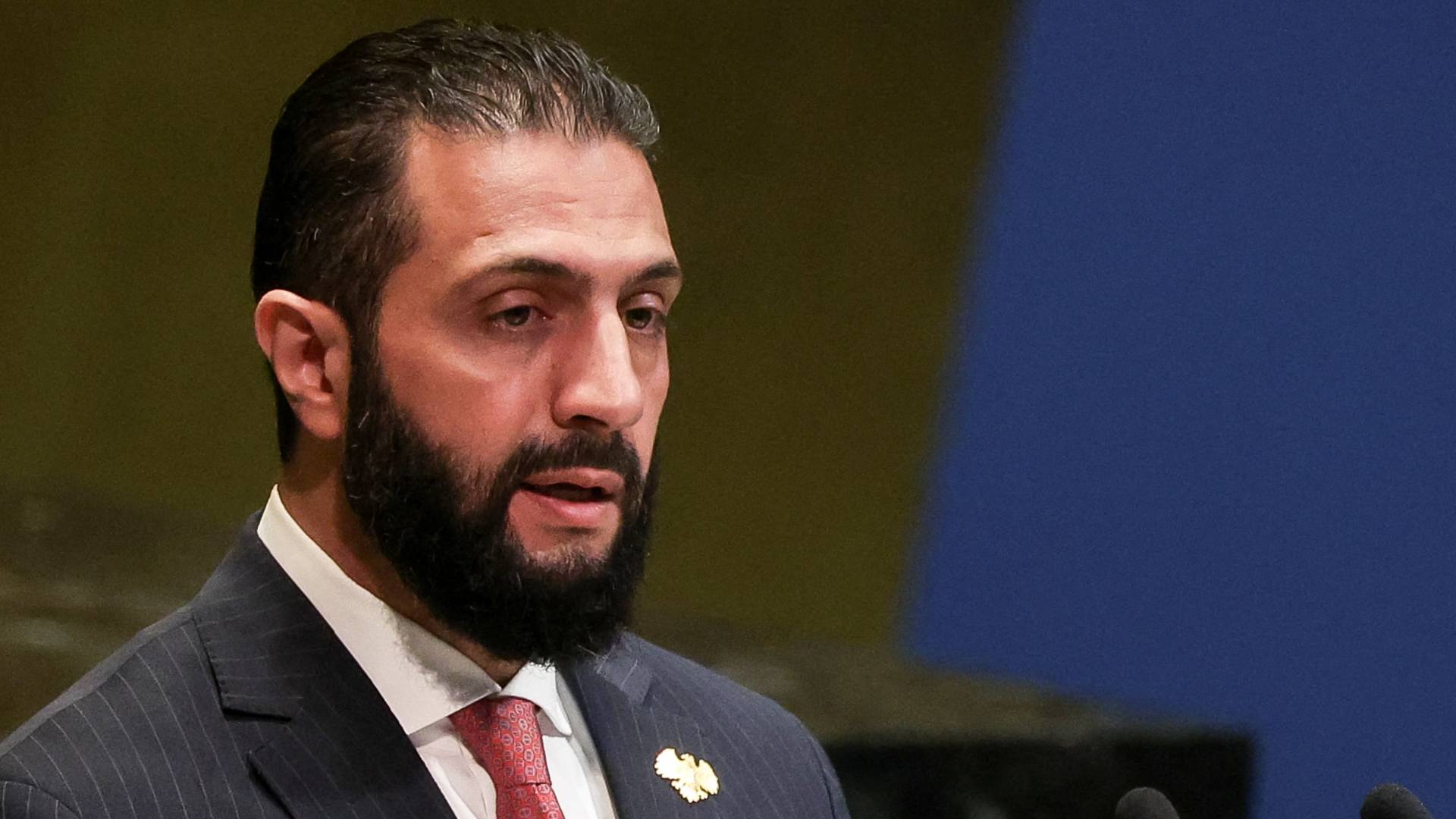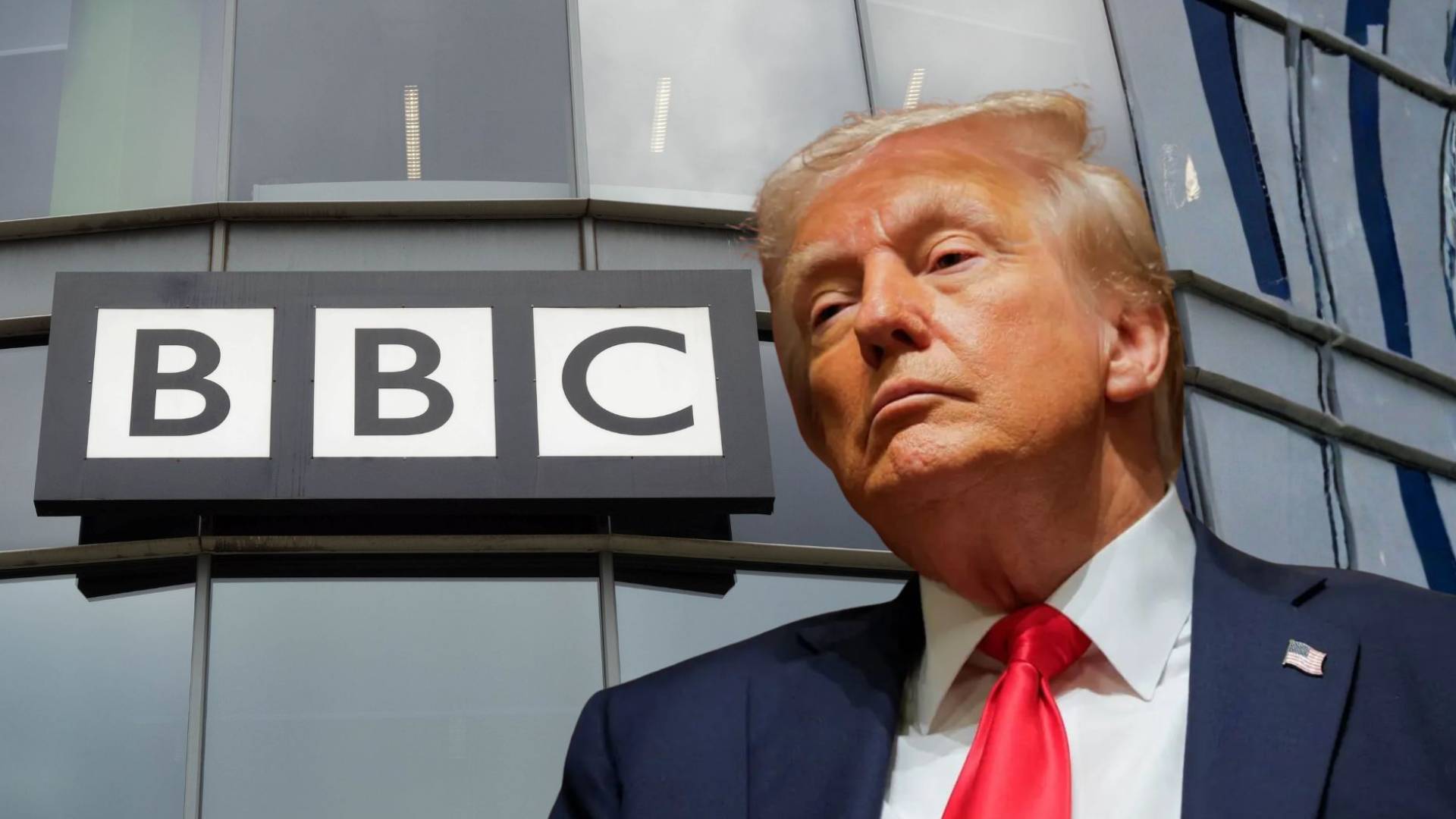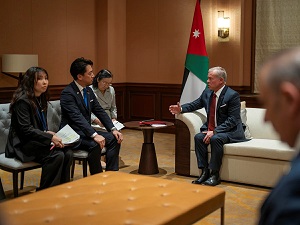Diverging paths: Syria, Lebanon, and the new strategic equation
The Jordan Times
The United States, which is drawing a clear path for a solution in the region, places on everyone a single obligation: alignment with the American vision, which sets the disarmament of militias as a fundamental condition, and opens the horizons of peace through the gateway of the Abraham Accords.
The fact is that since the ceasefire in Gaza, which was formulated according to President Trump’s vision, the region has been undergoing a gradual adaptation to the American approach. This can be described as the beginning of a phase of “internationalization according to the American framework.”
With President Trump pushing toward moving to the second phase of the Gaza agreement, Lebanon has returned to the forefront of regional escalation, and the question of disarming Hezbollah has turned into an internal dilemma for Lebanon that is difficult to overcome domestically. The increasing American pressure places matters on the edge of internal explosion, making the Lebanese front likely to ignite again—but this time with direct American support and near regional acceptance. Disarming the party is not a matter that can simply pass, even if the current indications suggest that the outcome is a matter of time; the difficulty lies in the method of implementation.
According to this pressure strategy, the comparison between Syria and Lebanon shows Syrian responsiveness versus Lebanese delay, which increases the scale of American pressure on Beirut. In Syria, there is a faster and deeper adaptation to the American vision, especially through practical steps aimed at satisfying Washington. The most critical of these are the visit of Syrian President Ahmed al-Sharaa to the White House, the establishment of an American military presence in Damascus as a direct U.S. base, his joining of the international coalition against ISIS, and the role expected from him in this regard—which may extend beyond ISIS to include the track of peace with Israel and alignment with the Abraham Accords.
Meanwhile, as President Trump prepares to announce the international force that will be stationed in Gaza, reaffirming that his peace plan continues to shape the next phase of regional stabilization, he keeps open the option of escalation on other fronts—whether through signalling a possible Israeli intervention in Lebanon, or a more direct form of involvement in Iraq. This means the coming weeks may witness renewed escalation under an American umbrella, starting in Lebanon and reaching Iran.
The truth is that Hezbollah’s options are narrowing. A party that has presented itself in recent years as a regional actor moving across the map of the Middle East now finds itself forced back into the domestic sphere, compelled to shift from regional agendas to internal priorities. Yet under this climate of escalation, Tehran will attempt to employ the Lebanon in two directions: reducing pressure on itself by signalling readiness to support the party in any confrontation, and reaffirming its position as a central player capable of containing the scene—what may be seen as “negotiating toward negotiation.”
However, the issue of rebuilding Hezbollah’s capabilities and restoring its arsenal is today the primary driver for Israel’s return to widen its targeting of Lebanon—far beyond the assassinations and strikes on weapons depots that never really ceased. Israel is now aiming for a broader targeting of the Lebanese arena, under a strategic effort to prevent any future threat emerging from the Lebanese front. Therefore, the increased discussion about the transfer of missiles into Lebanon through Syria will push Israel to continue operating inside Lebanon, expanding both the geography and the nature of its targets.
At the same time, this may bring the issue of the Syrian–Lebanese border back to the forefront—especially with Sharaa’s visit to Washington and the expected outcomes regarding the American military presence in Damascus and the role Sharaa will be required to play in securing the borders and preventing the transfer of weapons through them.
